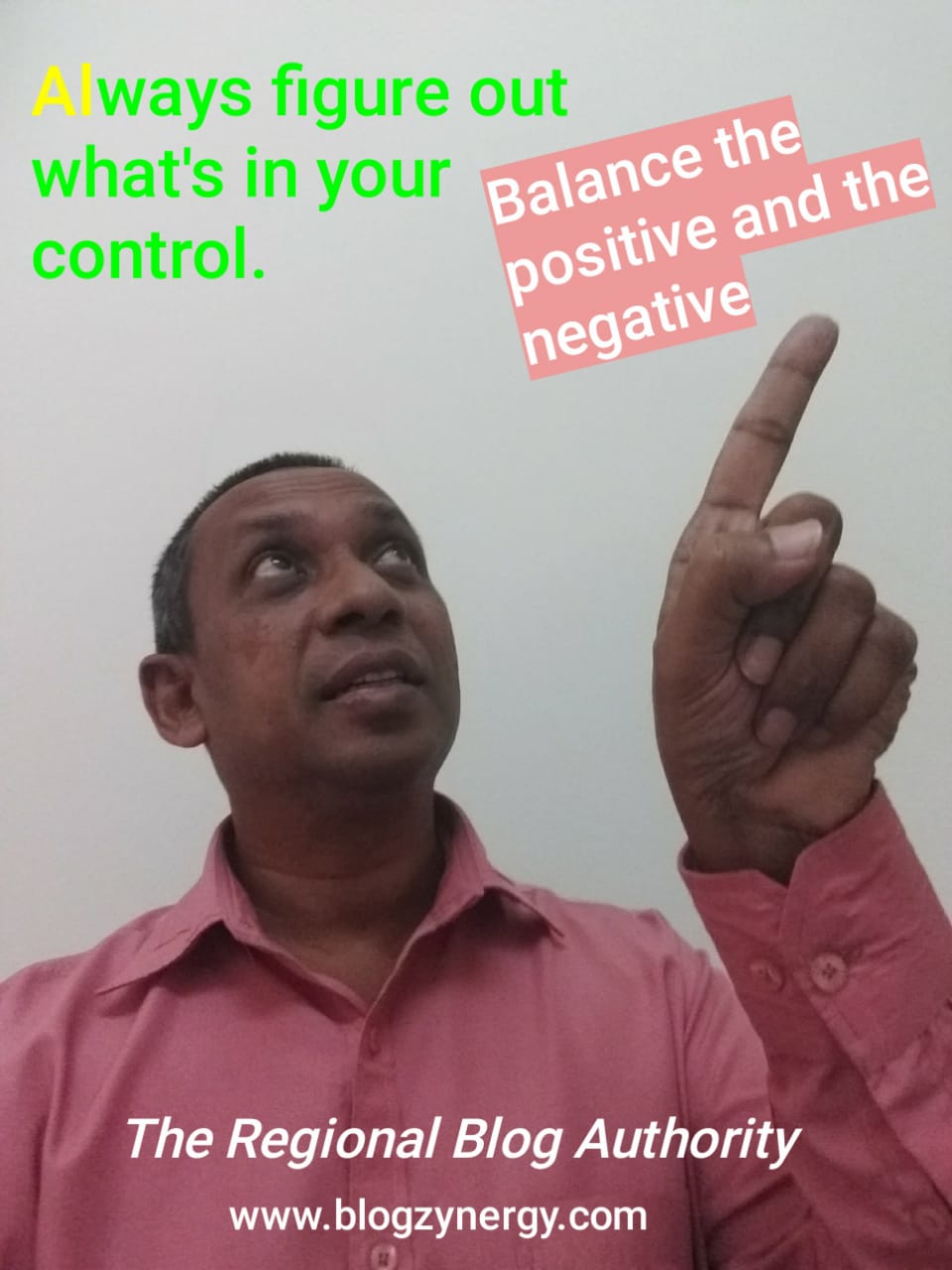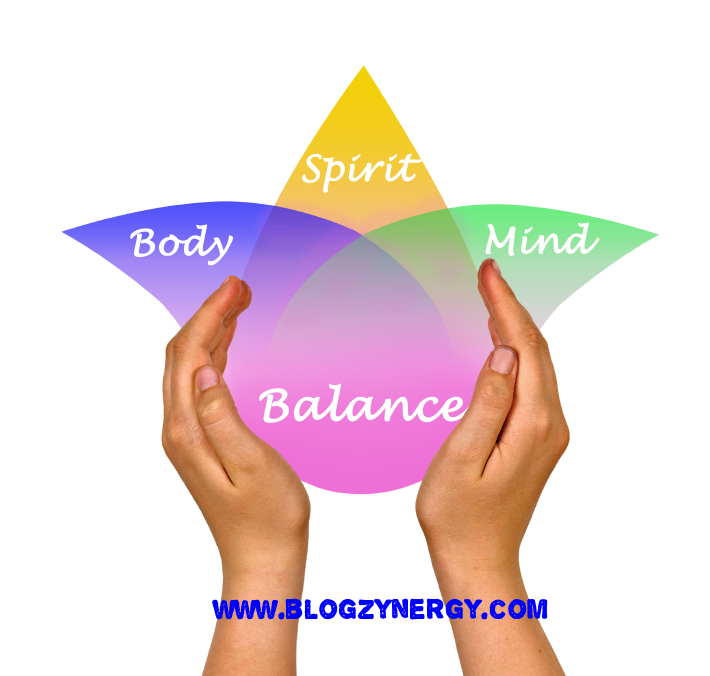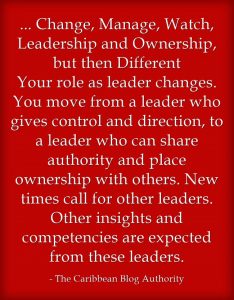Regret is not nice. But luckily you have enough time to avoid that feeling. Here are 15 choices you’ll regret in 15 years. My choices may not be equal with your choices. Anyway let us move further. Read further. Thanks in advanced for reading this blog as well.

1. Pretending to be different from who you are
Living with a mask is exhausting. And I would say that living with a mask means that you are not really alive .
You can only fully enjoy your life if you can really be yourself. Learn to accept yourself as you are. Self-acceptance is one of the most valuable things you can do for yourself.
2. Taking your health for granted
Many people take their health for granted until they get sick . But that’s a risky strategy, as poor health can drastically lower your quality of life.
Your health belongs in your top 3 priorities in life . Because, after all, it is your body that makes this life possible in the first place.

3. Spend all your money
Most people go through an endless cycle that creates a full house and an empty feeling inside . They always pin their hopes on the next purchase. But if it turns out that that new smartphone does not provide lasting happiness, they look for the next.
In 15 years you won’t be thinking about all that stuff. However , your life would be better off with a financial buffer . Such a buffer provides peace of mind, resilience and freedom.
With every euro you save, you are doing your future self a favor . Of course you also want to enjoy now. But don’t forget that working towards a better future also brings you a lot of satisfaction.
4. Thinking too much about yourself
The better you can relate to others, the smoother your relationships will be. And your relationships are a huge factor in your happiness in life.
Work on your empathy. Be kind and considerate to others . Not only do you become a light for your environment. It also brings a lot of satisfaction in the end. Plus, your environment is likely to get better for you too. Nice bonus.

5. Let others determine your dreams for you
If I hadn’t fought for my own choices, I’d probably be working at an advertising agency right now with an empty feeling inside.
The beaten paths are the easiest paths to walk . But not necessarily the prettiest. When I drive to France I avoid the highways to enjoy all the beautiful villages. You can do that in your life too.
Avoid the boring highways and choose your own path. This is your life and you only get it once. Whatever others think, you decide for yourself how you organize this life.
6. Trying to control everything
As a control freak, you feel like you can get a handle on almost anything, and that’s a good thing . In reality you are wasting a lot of energy on an impossible battle.
Not only would life be boring if you could control everything. It is also simply impossible.
Be a little looser, and just dare to let life unfold . Of course you want to prepare. But you don’t want to manipulate and force. Things don’t always go your way, and that’s fine.

7. Not daring to grow
You will find the most satisfaction in growing from within. By letting go of your fears, throwing unnecessary beliefs overboard, challenging yourself and getting out of your comfort zone.
But that is also scary from time to time .
However, don’t let that stop you from growing. A life that revolves around comfort and safety is fine, but not great. You have to keep growing if you want to wake up every day with a feeling of happiness, gratitude and joy.
8. Postpone Your Happiness
Get happy first, then go and achieve all those goals. Not the other way around.
If you keep postponing your happiness , you will never experience it. Think of happiness more as health. An aspect of your life that deserves attention every day. And as soon as you have too little of it, your quality of life decreases.
A happy foundation ensures that you can achieve your goals . And that ultimately ensures that you experience satisfaction . So be happy first, then the rest will follow.
9. Wasting your time on things that make you feel empty
There are more and more ways to have fun without experiencing satisfaction. Series on Netflix, great video games, TV, movies, outings.
Sometimes it seems that entertainment is one of the most important things in our lives. While in reality it is no more than a means to entertain you.
Optimize your life for satisfaction – not pleasure . Fun is important. But if it leaves you with an empty feeling, it won’t do you any good.
10. Not Spending Enough Time With Your Loved Ones
In 15 years, all the people you love will be 15 years older. Realize that you can not push working on relationships to the future .
Your relationships belong in your top 3 priorities. By giving all your attention to your work and neglecting your relationships, you end up selling yourself short. Especially when it comes to children. Because in 15 years they will no longer be children. If you want to enjoy their childhood, do it now.
11. Always live in the future or the past
If you are constantly lost in thought, your life will fly by. Why? Because then you never live in the moment. And the now is where life takes place.
The future and the past only exist in your head. They are memories and projections that do not exist . The only thing that is true is what is there now.
Mindfulness helps you experience your life on a deeper level. To really enjoy the moment. Because the more you live in your head, the faster you run through your life. And if we learn one thing from old people, it’s that life moves so fast .
Mindfulness helps you bring your life back to a more comfortable pace. While enjoying more at the same time.
12. Taking your life so seriously it makes you stressed
A lot of things are important. But few things are important enough to feel stressed about. Dare to put things in perspective a bit .
Focus your attention on contributing to the world in a way that makes you happy. But also learn to put everything in perspective. Grow old with smile lines, not worry lines.
13. Running after the money
Money is a great tool. But it is a very weak means of generating satisfaction.
So see and use money for what it is. A means to optimize your life for freedom, happiness and meaning. But don’t see money as an end in itself . Because that mainly means that you invest a lot of time and energy in a dead end street.
If you find that your relationships, your sense of meaning and your health are giving way to your quest for more money and status – then it is definitely time to make adjustments.
14. Missing the beauty in ugliness
Everything has beauty, if you are willing to see it. Normally we filter the world on very narrow criteria. What we consider ‘beautiful’ must meet very specific requirements. But these criteria can be stretched.
Why would you do that? Easy. The more beauty you see around you, the more beautiful the world becomes . You can learn to enjoy the full spectrum of being human on this planet.
Joy, love and fun are beautiful. But sadness, hatred and fear can also be beautiful. A blooming flower can be as disarming as the flower giving itself back to Earth.
Failure can contain as much beauty as success. And a funeral can be just as beautiful as a birth.
15. Constantly judging people and events
Judgment cramps everything and everyone. The more strongly you judge people, the less the people around you dare to be themselves in your presence .
And the more you judge yourself, the smaller you make yourself.
Try Acceptance . Accept yourself, accept people around you, accept the events in your life. Notice how much peace, freedom and love this can bring. It makes your life easier, less cramped and more fluid.
And you know – you will certainly not regret more freedom, peace and love in 15 years. †












